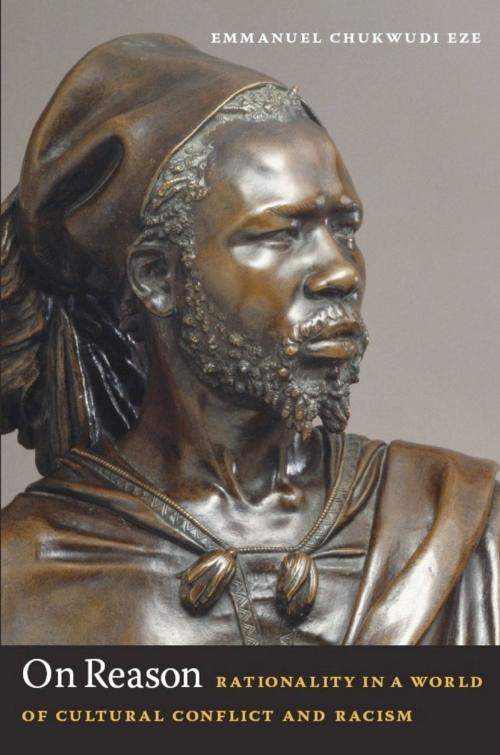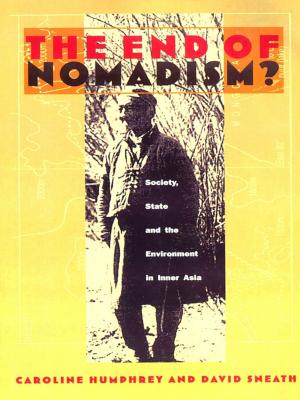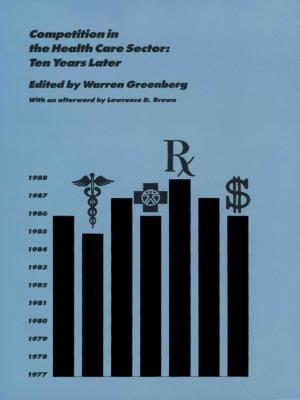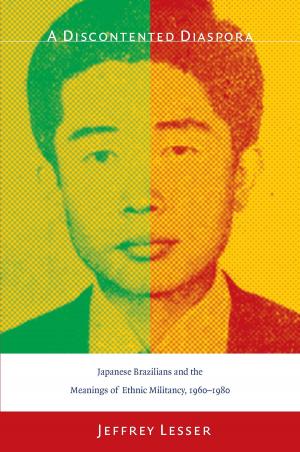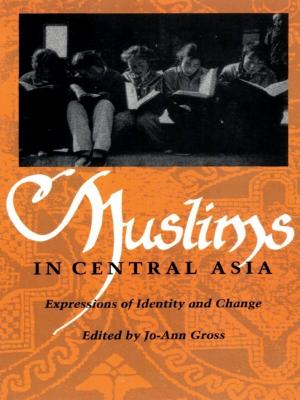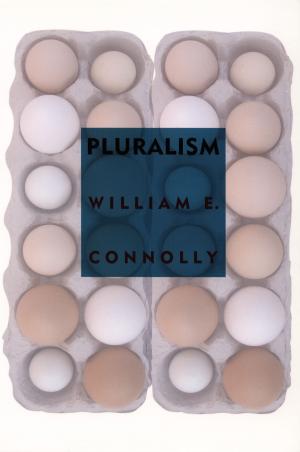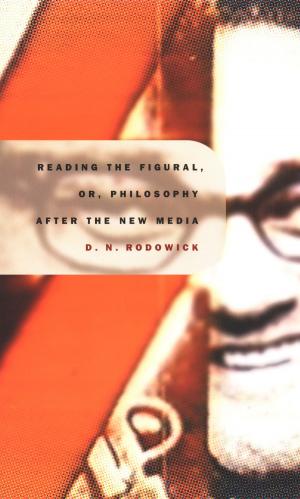On Reason
Rationality in a World of Cultural Conflict and Racism
Nonfiction, Religion & Spirituality, Philosophy, Modern, Ancient, History, Africa| Author: | Emmanuel Chukwudi Eze | ISBN: | 9780822388777 |
| Publisher: | Duke University Press | Publication: | July 4, 2008 |
| Imprint: | Duke University Press Books | Language: | English |
| Author: | Emmanuel Chukwudi Eze |
| ISBN: | 9780822388777 |
| Publisher: | Duke University Press |
| Publication: | July 4, 2008 |
| Imprint: | Duke University Press Books |
| Language: | English |
Given that Enlightenment rationality developed in Europe as European nations aggressively claimed other parts of the world for their own enrichment, scholars have made rationality the subject of postcolonial critique, questioning its universality and objectivity. In On Reason, the late philosopher Emmanuel Chukwudi Eze demonstrates that rationality, and by extension philosophy, need not be renounced as manifestations or tools of Western imperialism. Examining reason in connection to the politics of difference—the cluster of issues known variously as cultural diversity, political correctness, the culture wars, and identity politics—Eze expounds a rigorous argument that reason is produced through and because of difference. In so doing, he preserves reason as a human property while at the same time showing that it cannot be thought outside the realities of cultural diversity. Advocating rationality in a multicultural world, he proposes new ways of affirming both identity and difference.
Eze draws on an extraordinary command of Western philosophical thought and a deep knowledge of African philosophy and cultural traditions. He explores models of rationality in the thought of philosophers from Aristotle, René Descartes, Francis Bacon, and Thomas Hobbes to Noam Chomsky, Richard Rorty, Hilary Putnam, and Jacques Derrida, and he considers portrayals of reason in the work of the African thinkers and novelists Chinua Achebe, Ngugi wa Thiong’o, and Wole Soyinka. Eze reflects on contemporary thought about genetics, race, and postcolonial historiography as well as on the interplay between reason and unreason in the hearings of South Africa’s Truth and Reconciliation Commission. He contends that while rationality may have a foundational formality, any understanding of its foundation and form is dynamic, always based in historical and cultural circumstances.
Given that Enlightenment rationality developed in Europe as European nations aggressively claimed other parts of the world for their own enrichment, scholars have made rationality the subject of postcolonial critique, questioning its universality and objectivity. In On Reason, the late philosopher Emmanuel Chukwudi Eze demonstrates that rationality, and by extension philosophy, need not be renounced as manifestations or tools of Western imperialism. Examining reason in connection to the politics of difference—the cluster of issues known variously as cultural diversity, political correctness, the culture wars, and identity politics—Eze expounds a rigorous argument that reason is produced through and because of difference. In so doing, he preserves reason as a human property while at the same time showing that it cannot be thought outside the realities of cultural diversity. Advocating rationality in a multicultural world, he proposes new ways of affirming both identity and difference.
Eze draws on an extraordinary command of Western philosophical thought and a deep knowledge of African philosophy and cultural traditions. He explores models of rationality in the thought of philosophers from Aristotle, René Descartes, Francis Bacon, and Thomas Hobbes to Noam Chomsky, Richard Rorty, Hilary Putnam, and Jacques Derrida, and he considers portrayals of reason in the work of the African thinkers and novelists Chinua Achebe, Ngugi wa Thiong’o, and Wole Soyinka. Eze reflects on contemporary thought about genetics, race, and postcolonial historiography as well as on the interplay between reason and unreason in the hearings of South Africa’s Truth and Reconciliation Commission. He contends that while rationality may have a foundational formality, any understanding of its foundation and form is dynamic, always based in historical and cultural circumstances.
